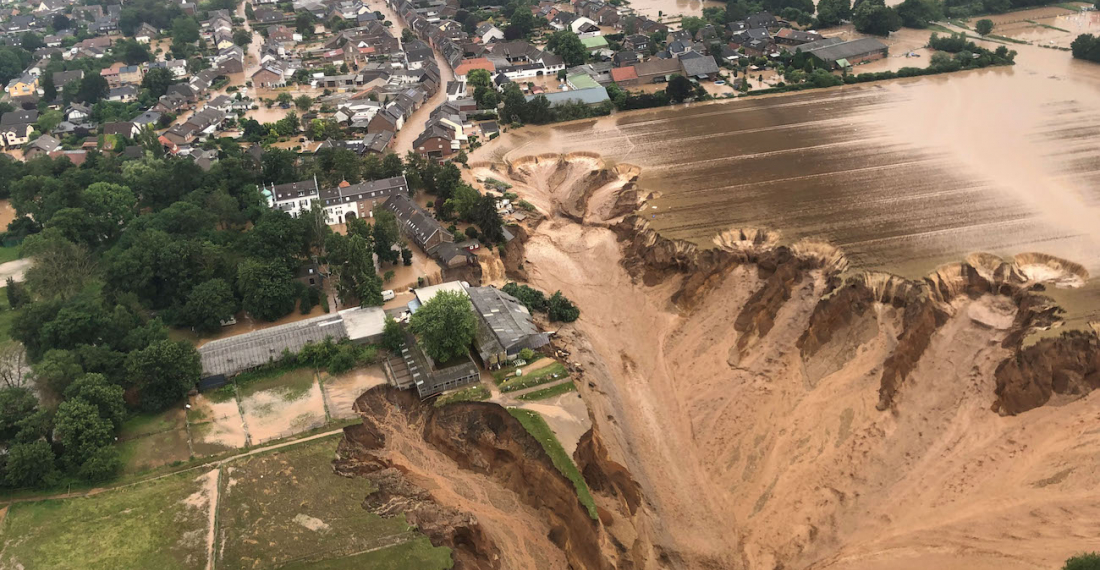The president of the European Commission, Ursula von der Leyen, has said that the areas in western Europe affected by severe weather and flooding are entitled to assistance from the European Civil Protection Mechanism, rescEU. Von der Leyen also said that her thoughts were with the victims in Luxembourg, Belgium, Germany and the Netherlands.
"The EU is ready to help", Von der Leyen wrote.
RescEU is a funding mechanism of the European Union that deals with 'civil disasters. Assistance can include relief supplies, experts, civil protection teams and specialised equipment, with the European Commission deciding on the deployment of resources. In addition to improving the response capacity of member states, the Mechanism co-ordinates, complements and supports initiatives of EU Member States in case of civil disasters.
The Mechanism entered into force in March 2019, following a number of disasters inside and outside the EU. The Commission stated that both the EU and its member states need to do more to combat disasters and respond appropriately. Given the increase of disasters related to climate change, countries themselves also need to be better prepare in practical and policy terms.







